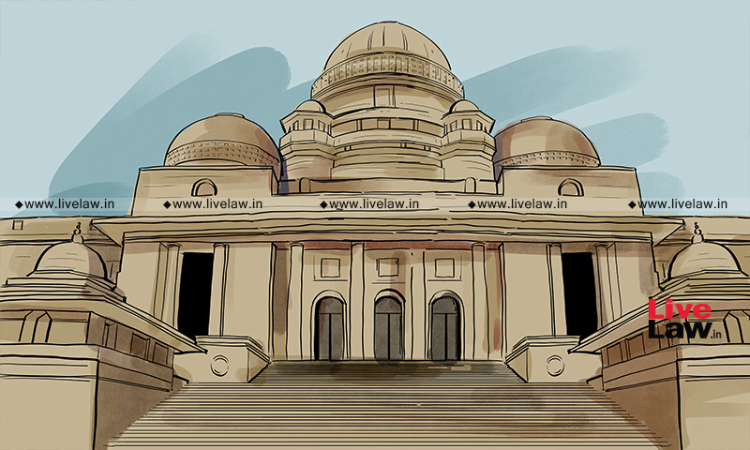Unregistered Relinquishment Deed Inadmissible As Evidence: Bombay High Court
Amisha Shrivastava
24 April 2023 10:05 AM IST

Next Story
24 April 2023 10:05 AM IST
The Bombay High Court recently held that a deed for relinquishment of inherited property is not admissible in evidence unless it is registered.Justice MS Jawalkar of the Nagpur bench set aside an order dismissing a sister’s partition suit on the ground that she signed a relinquishment deed observing that the brother never produced the deed. “As such, relinquishment deed requires to...
